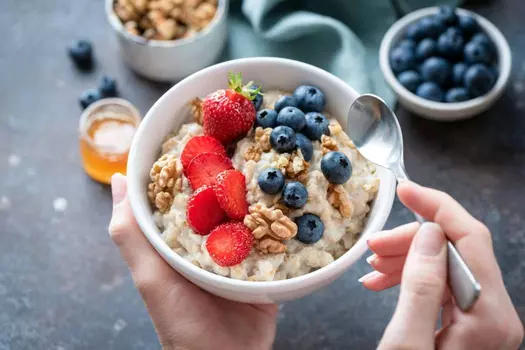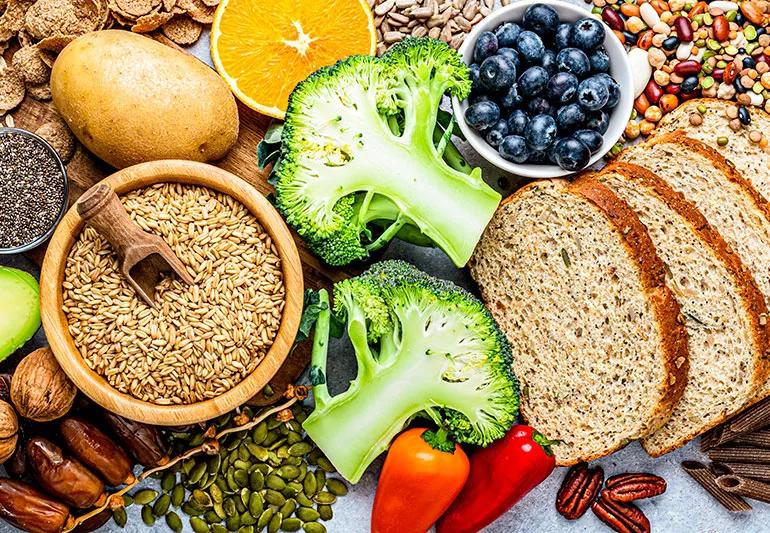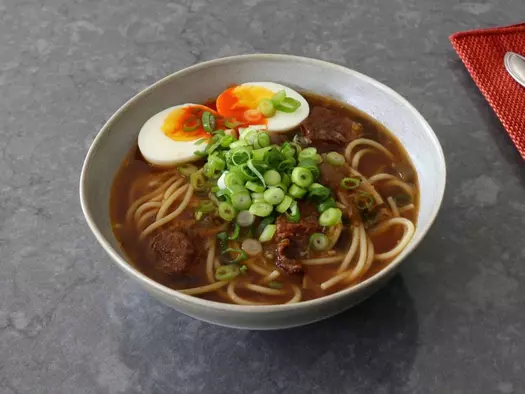In the quest for weight loss, many overlook a simple yet powerful tool in their arsenal: fiber. This often-underestimated nutrient plays a crucial role in not only digestive health but also in shedding those extra pounds. Let's delve into the world of high fiber meals and discover their potential in achieving weight loss goals.
Understanding Fiber and its Role in Weight Loss
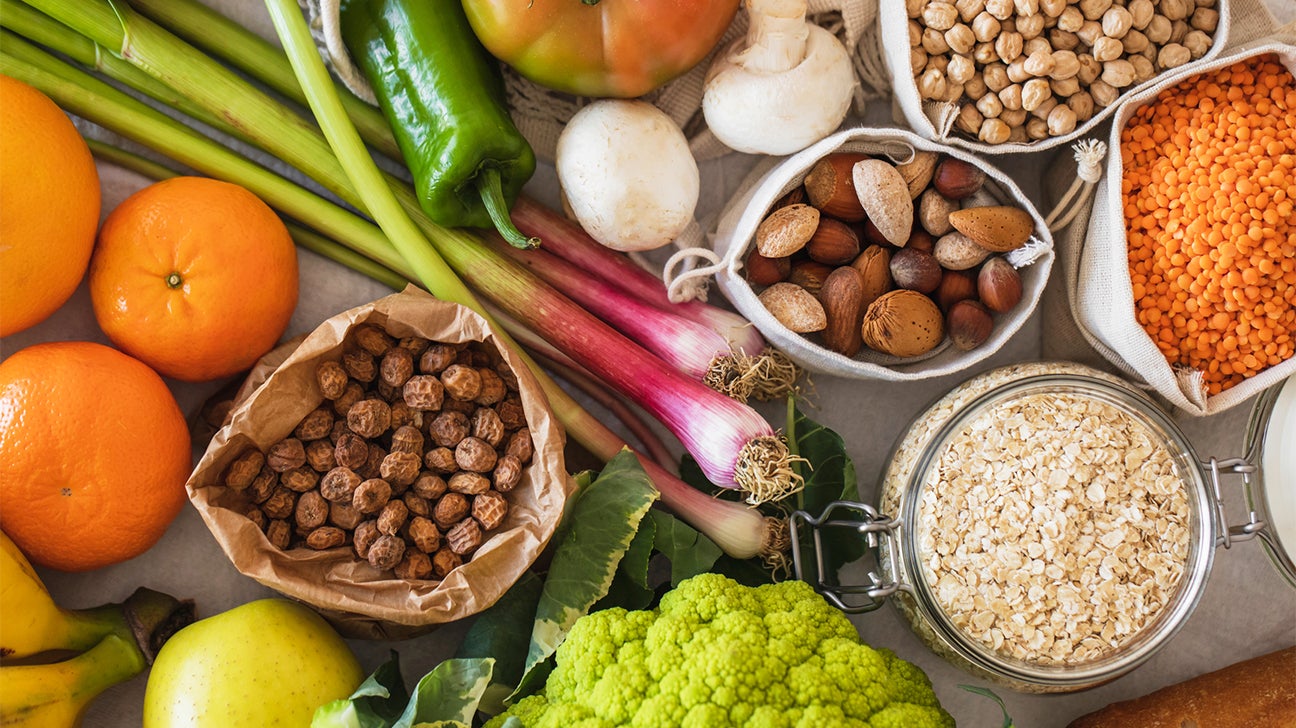
Definition of Fiber
Fiber, also known as roughage or bulk, refers to the indigestible portion of plant foods. Unlike other nutrients, such as carbohydrates, proteins, and fats, fiber passes through the digestive system relatively intact, aiding in various bodily functions.
How Fiber Aids in Weight Loss
One of the primary ways fiber contributes to weight loss is by promoting a feeling of fullness or satiety. Foods high in fiber take longer to digest, keeping you feeling satisfied for longer periods and reducing the likelihood of overeating.
Benefits of High Fiber Meals
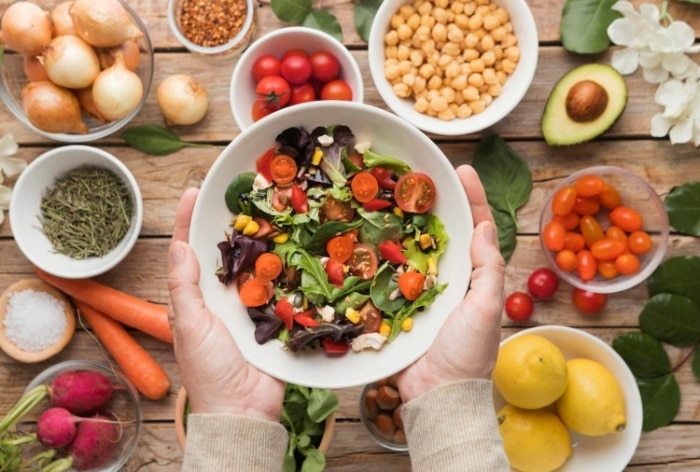
Promotion of Satiety
High fiber meals tend to be more filling than their low-fiber counterparts. This increased satiety can lead to reduced calorie intake throughout the day, facilitating weight loss.
Regulation of Blood Sugar Levels
Fiber helps regulate blood sugar levels by slowing the absorption of glucose into the bloodstream. This can prevent spikes and crashes in blood sugar, reducing cravings for sugary snacks and promoting more stable energy levels.
Improvement of Digestive Health
Adequate fiber intake is essential for maintaining a healthy digestive system. Fiber adds bulk to stool, preventing constipation, and promoting regular bowel movements. A healthy digestive system is crucial for overall well-being and can contribute to weight loss efforts.
Types of High Fiber Foods
Fruits and Vegetables
Fruits and vegetables are excellent sources of dietary fiber. Incorporating a variety of colorful fruits and vegetables into your meals ensures a diverse intake of essential nutrients and promotes overall health.
Whole Grains
Whole grains, such as oats, quinoa, and brown rice, are rich in fiber and other beneficial nutrients. Choosing whole grain options over refined grains can boost fiber intake and support weight loss efforts.
Legumes and Beans
Legumes, including beans, lentils, and chickpeas, are high in both fiber and protein. Adding legumes to your meals can increase satiety and provide a nutrient-dense source of energy.
Best High Fiber Meals for Weight Loss
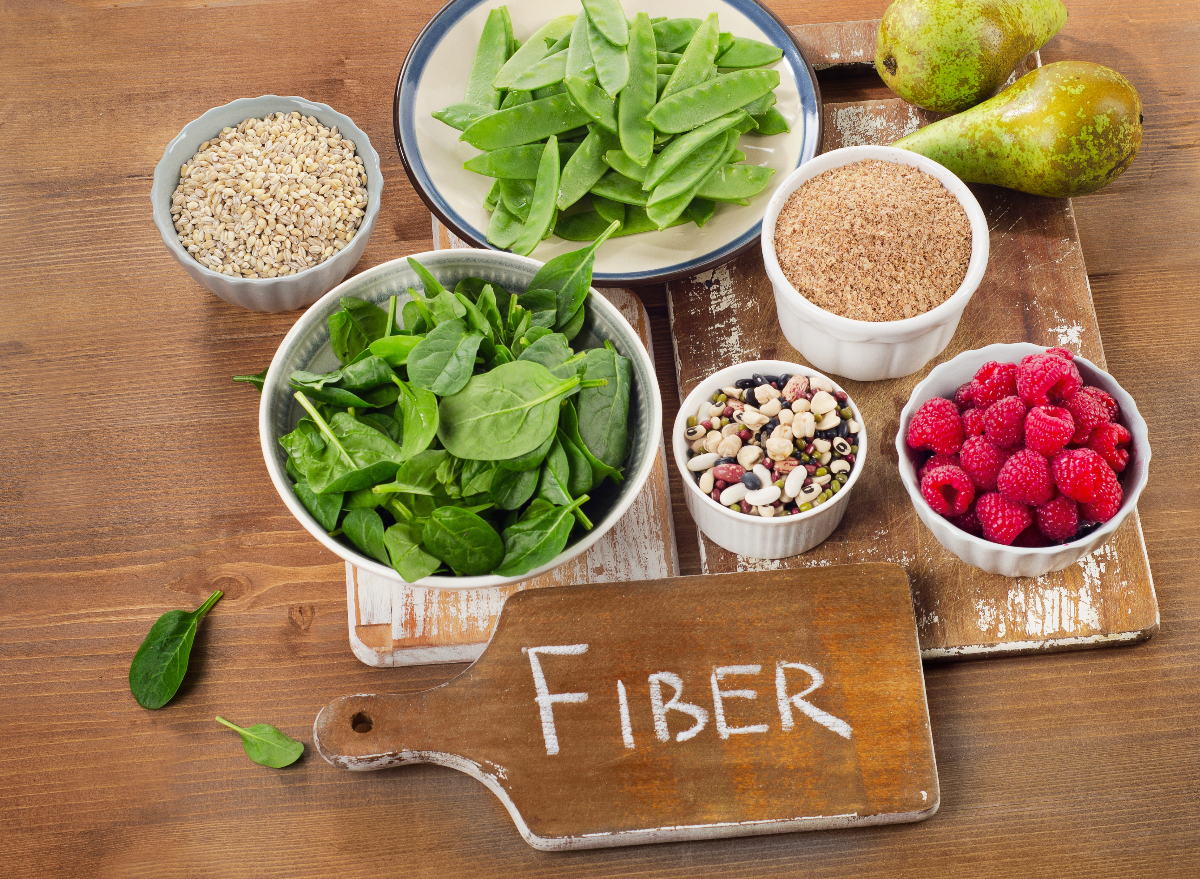
Fiber-Rich Breakfast Options
Start your day off right with a fiber-packed breakfast. Opt for oatmeal topped with fresh berries and a sprinkle of chia seeds or whole grain toast with avocado and sliced tomatoes.
High Fiber Lunch Ideas
For lunch, consider a colorful salad loaded with leafy greens, assorted vegetables, and grilled chicken or tofu. Pair it with a side of quinoa or brown rice for added fiber and staying power.
Nutritious Dinner Choices
At dinner, aim for a balance of protein, fiber, and healthy fats. Try a stir-fry with mixed vegetables and lean protein served over cauliflower rice or a hearty vegetable soup with whole grain bread.
Incorporating High Fiber Snacks
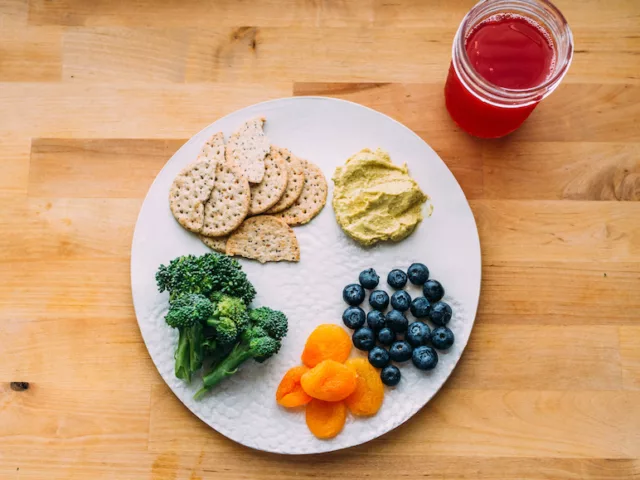
Healthy Snack Options
When hunger strikes between meals, reach for high fiber snacks to keep you satisfied. Some healthy options include raw vegetables with hummus, air-popped popcorn, or a piece of fruit with a handful of nuts.
Avoiding Common Pitfalls
Be mindful of processed snacks and convenience foods, which are often low in fiber and high in unhealthy fats and sugars. Instead, opt for whole food snacks that provide lasting energy and support your weight loss goals.
Meal Planning Tips for Weight Loss

Balancing Macronutrients
Aim for balanced meals that include a combination of protein, carbohydrates, and healthy fats, along with plenty of fiber-rich foods. This balance helps stabilize blood sugar levels and promotes satiety.
Portion Control Strategies
Pay attention to portion sizes to avoid overeating, even with healthy foods. Use smaller plates, measure servings, and practice mindful eating to prevent mindless snacking and unnecessary calorie consumption.
Recipes for High Fiber Meals
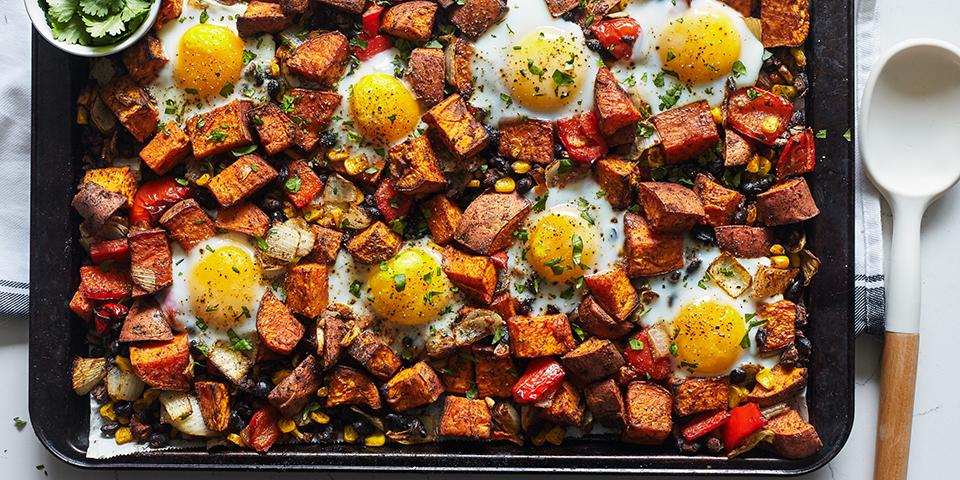
Fiber-Packed Smoothie Recipe
- Ingredients: spinach, kale, banana, frozen berries, chia seeds, almond milk
- Instructions: Blend all ingredients until smooth and creamy. Enjoy as a nutritious breakfast or post-workout snack.
High Fiber Salad Recipe
- Ingredients: mixed greens, cucumber, bell peppers, cherry tomatoes, quinoa, grilled chicken, balsamic vinaigrette
- Instructions: Toss all ingredients together in a large bowl. Drizzle with balsamic vinaigrette and serve.
Fiber-Rich Dinner Recipe
- Ingredients: black beans, sweet potato, bell peppers, onion, garlic, spices
- Instructions: Sauté onions and garlic until translucent. Add bell peppers, sweet potato, and spices, then cook until tender. Stir in black beans and heat through. Serve hot.
The Importance of Hydration

Water's Role in Digestion
Hydration is essential for proper digestion and absorption of nutrients, including fiber. Aim to drink plenty of water throughout the day to support optimal digestive health and weight loss.
Hydration Tips for Weight Loss
In addition to drinking water, incorporate hydrating foods such as fruits and vegetables into your meals and snacks. Herbal teas and infused water can also add flavor and variety to your hydration routine.
Exercise and Fiber Intake
:max_bytes(150000):strip_icc()/VWH-GettyImages-1402281575-f52972bc7aac47319b3827151cd16a8c.jpg)
How Exercise Complements High Fiber Meals
Regular physical activity supports weight loss by burning calories and increasing metabolism. Pairing exercise with high fiber meals provides a well-rounded approach to achieving and maintaining a healthy weight.
Recommended Exercise Routines
Choose activities you enjoy and can sustain long-term, such as walking, cycling, or swimming. Aim for at least 150 minutes of moderate-intensity exercise per week, supplemented by strength training for muscle maintenance and toning.
Common Myths About High Fiber Diets
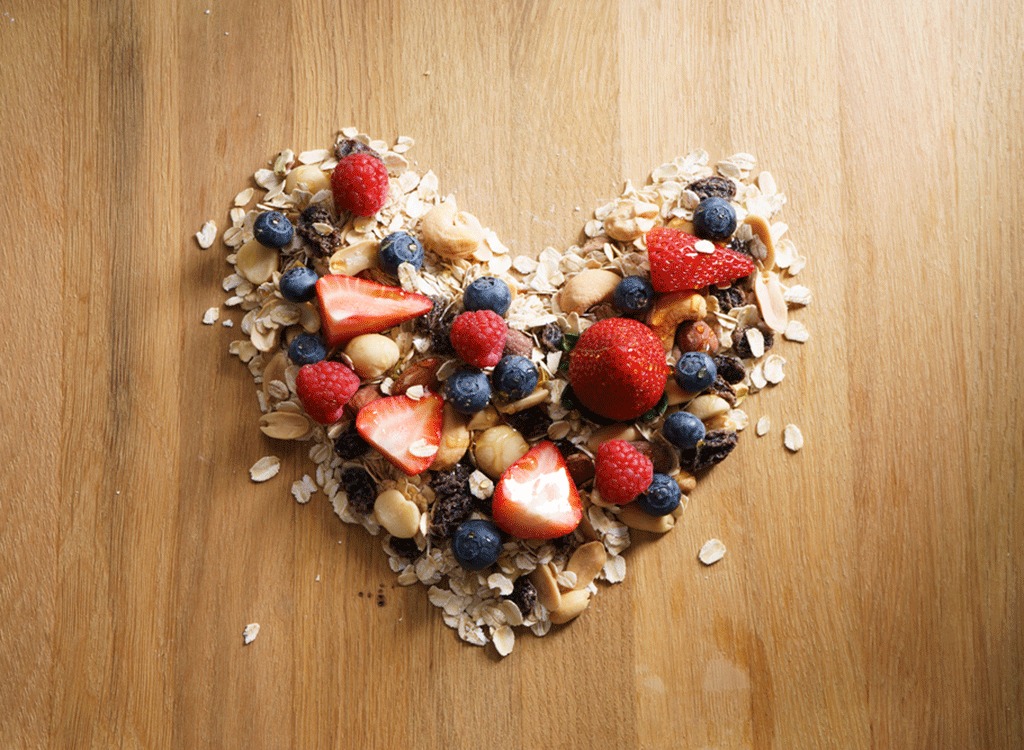
Debunking Misconceptions
Contrary to popular belief, high fiber diets are not bland or restrictive. With a wide variety of fiber-rich foods available, there are endless possibilities for delicious and satisfying meals.
Clarifying Misunderstandings
Some may worry that high fiber diets cause digestive discomfort or interfere with nutrient absorption. However, when gradually increasing fiber intake and staying hydrated, most individuals can enjoy the benefits of fiber without adverse effects.
Conclusion
In conclusion, high fiber meals offer a simple yet effective approach to weight loss and overall health. By incorporating a variety of fiber-rich foods into your daily diet and staying hydrated, you can support digestion, manage hunger, and achieve your weight loss goals with ease.
FAQs
Q. Can I lose weight by just increasing my fiber intake?
Ans: While increasing fiber intake alone may not guarantee weight loss, it can certainly support your efforts by promoting satiety and improving digestive health.
Q. How much fiber should I aim to consume each day?
Ans: The recommended daily intake of fiber varies depending on factors such as age, sex, and activity level. As a general guideline, aim for at least 25-30 grams of fiber per day.
Q. Are there any specific high fiber foods I should avoid?
Ans: While most high fiber foods are beneficial for health, some individuals may need to limit certain types of fiber, such as insoluble fiber found in bran and raw vegetables, if they experience digestive discomfort.
Q. Can high fiber meals help prevent weight regain after losing weight?
Ans: Incorporating high fiber meals into your diet can help maintain weight loss by promoting feelings of fullness and preventing overeating. Pairing fiber-rich foods with regular exercise and healthy lifestyle habits is key to long-term success.
Q. What are some creative ways to add more fiber to my diet?
Ans: Get creative in the kitchen by experimenting with new recipes and ingredients. Try adding beans to soups and stews, blending vegetables into smoothies, or swapping refined grains for whole grains in your favorite dishes.
